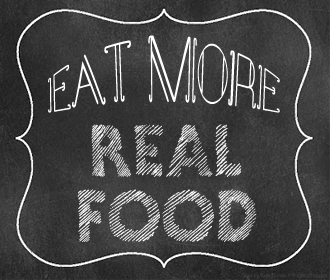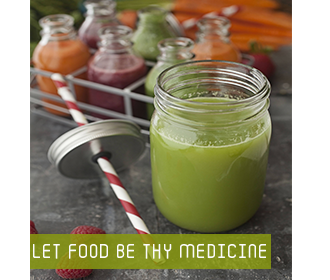Eggs: a great source of high quality protein that can be eaten for breakfast, lunch, or dinner!
A large egg contains between 5-6g of protein making it a great food for growth, development and for a healthy immune system. Eggs are also low in calories; usually 80-140 calories depending on the size. Eggs can be prepared and eaten a number of ways.
- Scrambled Eggs: scramble your eggs in a pan using water, not oil, for a healthier meal. Scramble eggs with finely chopped bell peppers, green onion, and a small amount of spinach for a delicious and nutritious breakfast. Add a small amount of grated organic cheddar cheese. And don’t forget to add herbs and spices! Try using fresh or frozen basil or oregano. What herbs do you use in your scrambled eggs?
- Omelette: Add sweet potatoes and spinach or kale to your omelettes, or try cherry tomatoes. Check out The Coup, a vegetarian restaurant here in Calgary for breakfast for a delicious omelette made with local and fresh ingredients. Every time I order one of their omelettes I am surprised with what they put in it! Eggplant, zucchini, mushrooms, and yams….always something new!
- Add scrambled eggs to a wrap along with fresh vegetables for a breakfast burrito
- Hard-boiled Eggs: use them for breakfast on the side of your favourite cereal. Protein is important in the morning as it can help keep your blood sugar levels balanced and keep you from feeling hungry right after breakfast. Slice the hard-boiled egg in half and sprinkle a little herbamare or your favourite aromatic sea salt and eat!
- Salads: boil up some eggs to keep on hand for lunch or dinner egg salads. Chop up your favourite vegetables and lettuce and add 2 hard-boiled eggs for a healthy meal. Dice up ½ an avocado and add it to the salad instead of using a dressing. Or try adding a small amount of a homemade dressing (olive oil, lemon juice and black pepper), a vinaigrette, our Citrus Dressing or Little Creek Dressings. Make this for a light lunch or dinner
- Poached Eggs: poach eggs and serve them on whole grain or sprouted grain toast
- Devilled Eggs: use an organic mayonnaise, or try a vegan mayonnaise for fewer calories, and create delicious devilled eggs. Use chopped green onions or chives for flavour.
- Egg Salad Sandwiches: try egg salad sandwiches using olive oil to moisten the egg instead of mayonnaise. Finely chop up green onions or chives, and bell peppers, and serve on sprouted grain bread with fresh crisp lettuce
What other nutrients do eggs contain?
- Eggs contain vitamin K which plays a role in bone health, as well as vitamin A (a powerful antioxidant and necessary for the health of our eyes, skin, and immune system). Eggs also contain some niacin and pantothenic acid which are B vitamins that support metabolism and energy levels in the body.
- Egg yolks are a source lecithin, supplying the body with choline, a key component of acetylcholine which helps support brain function
- Eggs are a source of betaine, a nutrient that researchers are studying for the effects it may have on heart health. Betaine seems to have an effect on homocysteine levels, and elevated homocysteine levels have been linked to an increased risk of heart disease (Murray 612)
- Cholesterol: Eggs do contain cholesterol, and researchers have been studying whether or not egg consumption is linked to heart disease. According to studies in The Journal of the American Medical Association,
Check out my article on buying eggs to ensure that you are purchasing eggs from healthy and humanely treated hens!
Tell us how you like your eggs cooked!
Murray, M. The Encyclopedia of Healing Foods. 2005
Article by: Carrie Dancey, RHN










